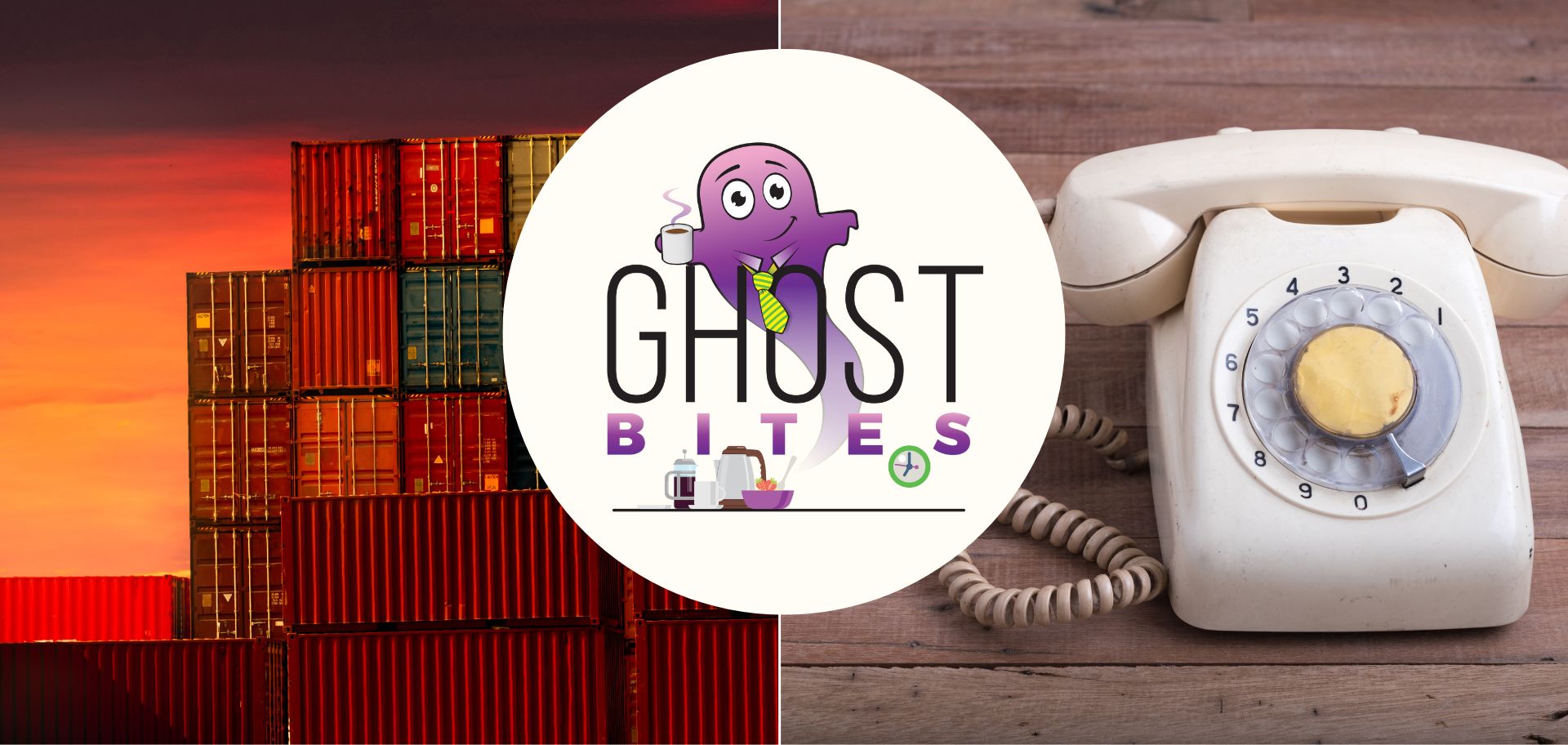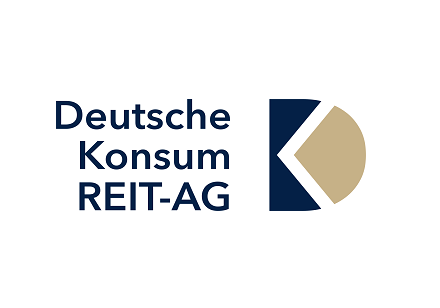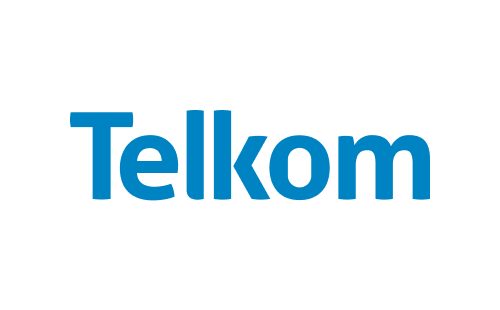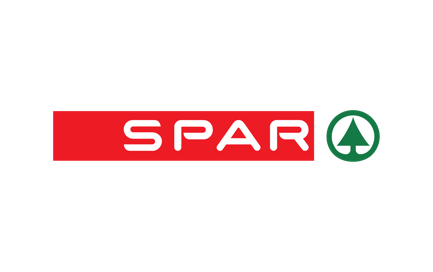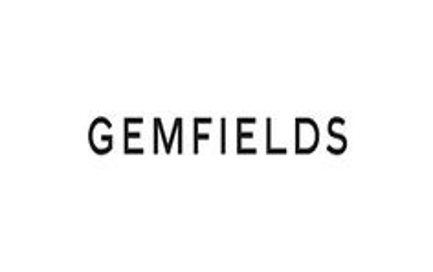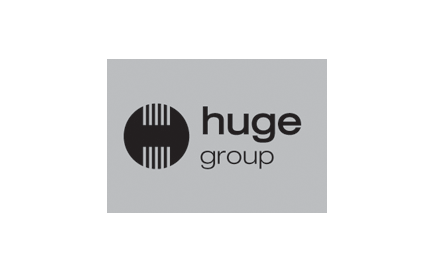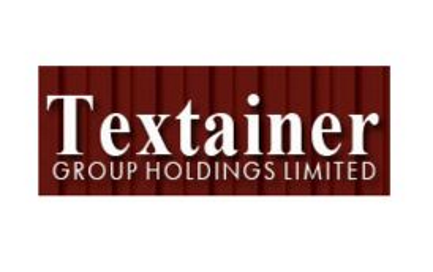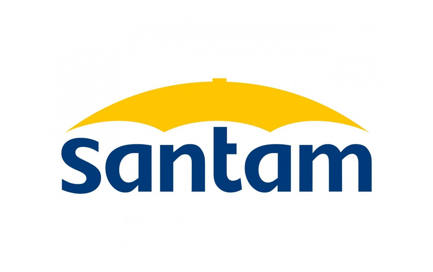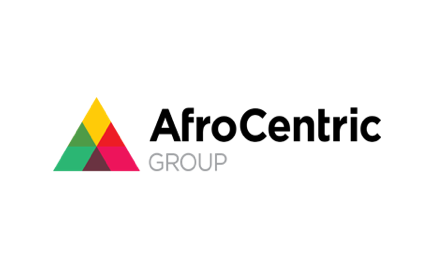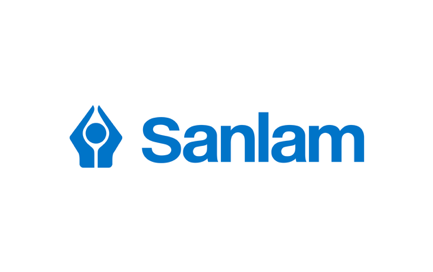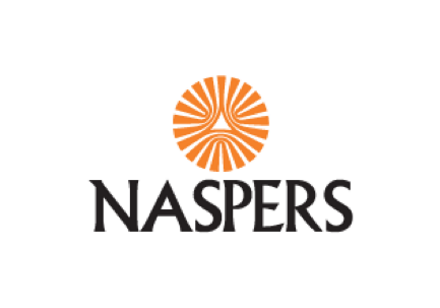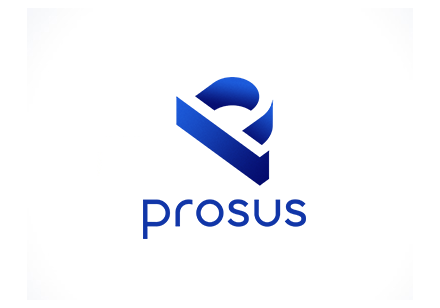AfroCentric-Sanlam deal gets the green light
Sanlam has achieved the minimum required level of acceptances
To make this deal a reality, at least 36.9% of AfroCentric shareholders needed to say “yes please” to Sanlam’s offer. Those involved can take a deep breath and relax now, as acceptances representing 46.4% of the issued share capital of AfroCentric were received by the deadline.
The offer is still open, but this initial hurdle needed to be dealt with for the process to continue.
I think this deal makes a lot of sense for AfroCentric, so I’m not surprised to see the level of support. The AfroCentric share price closed 2.95% with a smile on its face. Sanlam also closed slightly higher, but this deal is small in the Sanlam group context.
Nervous times for Gemfields
The insurgency in Mozambique continues
It’s not news to anyone that Mozambique is a tough place, particularly in the Cabo Delgado province, where terrorist activity has become a harsh reality. The latest attack is in the village of Nairoto, which is 15km south-west of the exploration camp of Nairoto Resources Limitada (75% owned by Gemfields) and 83km north of Montepuez Ruby Mining Limitated (also 75% owned by Gemfields).
Operations at Nairoto Resources were ceases and staff were evacuated. This asset isn’t important. The one that is important is Montepuez, which is still operating. Still, the share price fell 3.3% as investors were reminded of the real dangers facing Gemfields.
A drop in earnings at Santam
Lower underwriting results and investment income are to blame
Santam has released a trading statement covering the year ended December 2022. Headline earnings per share (HEPS) is expected to drop by between 17% and 37%, coming in at a range of R15.72 and R20.71 per share.
The current share price is R289.29 so that’s a Price/Earnings multiple of between 18.4x and almost 14x.
A major contributor to the decrease is a disappointing net underwriting margin, which is expected to be at the lower end of the long-term target range of 5% to 10%. The floods in KZN were part of the problem here, though a release in COVID-related business interruption claim provisions helped.
To add to this tricky year, equity markets had a horrible time in 2022 and this drove a weaker investment performance. An increase in dividend income from Sanlam Emerging Markets couldn’t fully offset this issue.
There are two silver linings: growth in gross written premiums is strong and the economic capital position is within the target range.
Audited results will be released on approximately 2 March 2023.
Spar is fighting its way back
Trade in the 18 weeks to 28 January looks promising
The recent management crisis at Spar has been well documented. Funnily enough, the average person shopping at the local Spar’s deli at 5:30pm on a Wednesday evening really couldn’t be damned about what is going on at board level.
In the 18 weeks to 28 January, Spar grew sales by 7.4%. If we dig deeper, we find the grocery wholesale business up by 9.7%, which implies modest volume increases as inflation was high. After people drank themselves into a stupor at the end of 2021 in celebration of lighter liquor restrictions, this created a significant base effect that saw TOPS only grow sales by 1.6%. In January though, TOPS grew by 10%, so we know what South Africans like to do during load shedding.
Looking at other parts of the group, Build it suffered a 2.8% decline in sales but that’s largely in line with the broader DIY industry. People are buying inverters, not adding rooms to their houses. They seem to be buying medicine though, with pharmaceutical wholesaler S Buys up by 18.1%.
Moving abroad, the BWG Group in Ireland and South West England grew turnover by 8.9% in local currency. SPAR Switzerland suffered a 3.8% drop in revenue in local currency, with the transfer of a group of corporate stores to independent retailers as a contributor here. SPAR Poland increased turnover by 4.6% despite having terminated contracts with 58 retailers in July 2022 as part of a plan to sort that acquired group out.
Strategically, the group has been granted approval by the Competition Commission to acquire the remaining 50% share in private label business SPAR Encore. The on-demand offering SPAR2U is apparently available at 201 sites now, though I barely ever see a vehicle on the road.
Interim results are due on 14 June. Spar’s share price is up over 15% in the past month and still has some way to go to return to November levels before the management issues came to light. The current price is R147 per share and it traded above R165 in November.
Substantial retrenchments at Telkom
15% of total employees will be affected as the group modernises
There were two separate announcements from Telkom today. The second one dealt with the retrenchments planned by the group, with 15% of employees affected. The first one announced the trading update for the quarter ended December, so it seems like Telkom was setting the scene for the retrenchment news.
Indeed, a cursory look at the results shows revenue up just 2.3% and EBITDA down 13.5%. There was substantial pressure on costs from load shedding, something I’ve been highlighting recently in the telecommunication companies. Telkom is facing substantial free cash flow pressure and needed to take action.
As expected, the performance varies wildly across the business units.
For example, Telkom Mobile reported revenue growth of 7%, yet the traditional copper-based voice revenue fell by 27.5%. Those legacy services now contribute 5.3% of revenue in this business unit. In the consumer side of the business, fibre revenue grew 34.3%.
Openserve reported fixed data traffic up by 15% and revenue from external channels up by 5%. But within Openserve, there was a 27.9% decline in fixed voice revenue, driving an overall drop in revenue in the segment of 3.8%.
At BCX, revenue was flat despite a strong increase in hardware and software sales. There was a significant once-off project in the base period that affected growth in the rest of BCX, although this wasn’t the only reason for the flat performance. With ongoing migration from fixed voice revenue to more modern solutions, the Converged Communications business saw revenue decline by 7.4%.
In less impressive news, revenue at Swiftnet increased marginally despite terminations. The segment achieved EBITDA margin of 69.5%, down 900 basis points year-on-year. This company is up for sale and Telkom hopes to receive offers during March.
The other “value unlock” play on the table is the potential sale of a minority stake in Openserve, for which Telkom has received a number of unsolicited approaches. This is a core business for Telkom and only a minority interest would be sold if the right buyer is found.
Textainer’s earnings are slowing down
Fleet utilisation rates are dropping
This had a feeling of inevitability around it, as shipping is an incredibly cyclical industry. Textainer is one of the world’s largest lessors of shipping containers, so the company is directly exposed to demand for shipping.
In the fourth quarter of the 2022 financial year, headline earnings per diluted common share came in at $1.38. That’s down 4.8% year-on-year and a substantial 15.8% quarter-on-quarter. Even though the fleet size (measured by TEUs: twenty-foot equivalent units) is slightly smaller than in Q3, utilisation fell from 99.4% to 99.0%. It was 99.7% a year ago, albeit on a smaller fleet size.
2022 was a record profit year, so one needs to remember that we are coming off exceptional levels here.
The company is focused on share buybacks, having repurchased 11.5% of outstanding shares in the 2022 financial year. The quarterly dividend per share has also increased, so Textainer knows how to allocate capital.
The share price chart over the pandemic is a reminder of how the shipping industry benefitted from the pandemic:

Little bites:
- Director dealings:
- An associate of a director of Huge Group has bought shares worth R28.5k
- Occasionally I like to remind you of the sheer scale of Naspers and Prosus by referencing their share buyback updates. In the space of a week, Naspers repurchased shares worth R1.77 billion and Prosus repurchased shares worth $244.6 million.
- Deutsche Konsum REIT has literally no liquidity on the JSE, so I’ll give the quarterly results a passing mention here. Rental income at this European property fund increased by 2% and funds from operations decreased slightly. The loan-to-value ratio is 51.3%. The average purchase yield in the portfolio at the moment is around 10%.
- The CFO of African Equity Empowerment Investments has resigned due to “personal reasons” – and with no immediate replacement announced, this succession plan has been found wanting.

